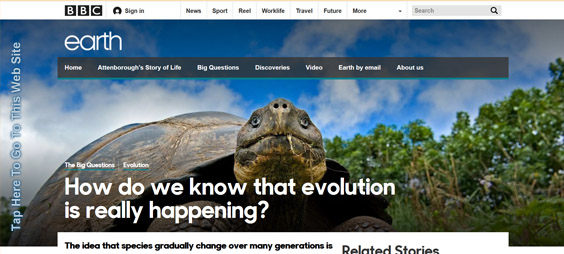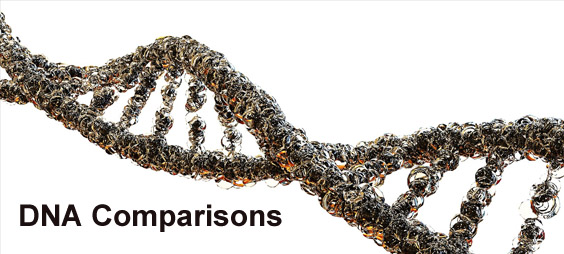Defining Human Evolution
We should start by first defining evolution. The encyclopedia Britannica has this definition of "human evolution:"
"The process by which human beings developed on Earth from now-extinct primates. The only extant members of the human tribe, Hominini, belong to the species Homo sapiens. The exact nature of the evolutionary relationships between modern humans and their ancestors remains the subject of debate."
A word needs to be added to this definition for it to be accurate, "non-human." The definition will then say, "The process by which human beings developed on Earth from now-extinct non-human primates." Now we have a definition that truly excludes God and Biblical creation, which ultimately is the purpose of evolution.
Do we see any evidence that human beings developed from now-extinct non-human primates? There is supposed to be a lot of evidence. A BBC Earth web page provides a good summary:
For scientists, evolution is a fact. We know that life evolved with the same certainty that we know the Earth is roughly spherical, that gravity keeps us on it, and that wasps at a picnic are annoying... Why are biologists so certain about this? What is the evidence? The short answer is that there is so much it's hard to know where to start.
If this is true there must be a lot of SOLID, FACTUAL evidence. On the other hand, does the evidence point to what we see on the our museum sign to the right? (Bottom of the page on a phone.) There are humans. And there are non-humans. With no evolution.
Let's find out what the BBC has to say. As illustrated by the picture below, it is all an illusion.
Note: For another perspective our Science Pastor web site addresses "proof" evolution happened as provided by the Smithsonian Institution. (Tap here for videos and web pages.)


